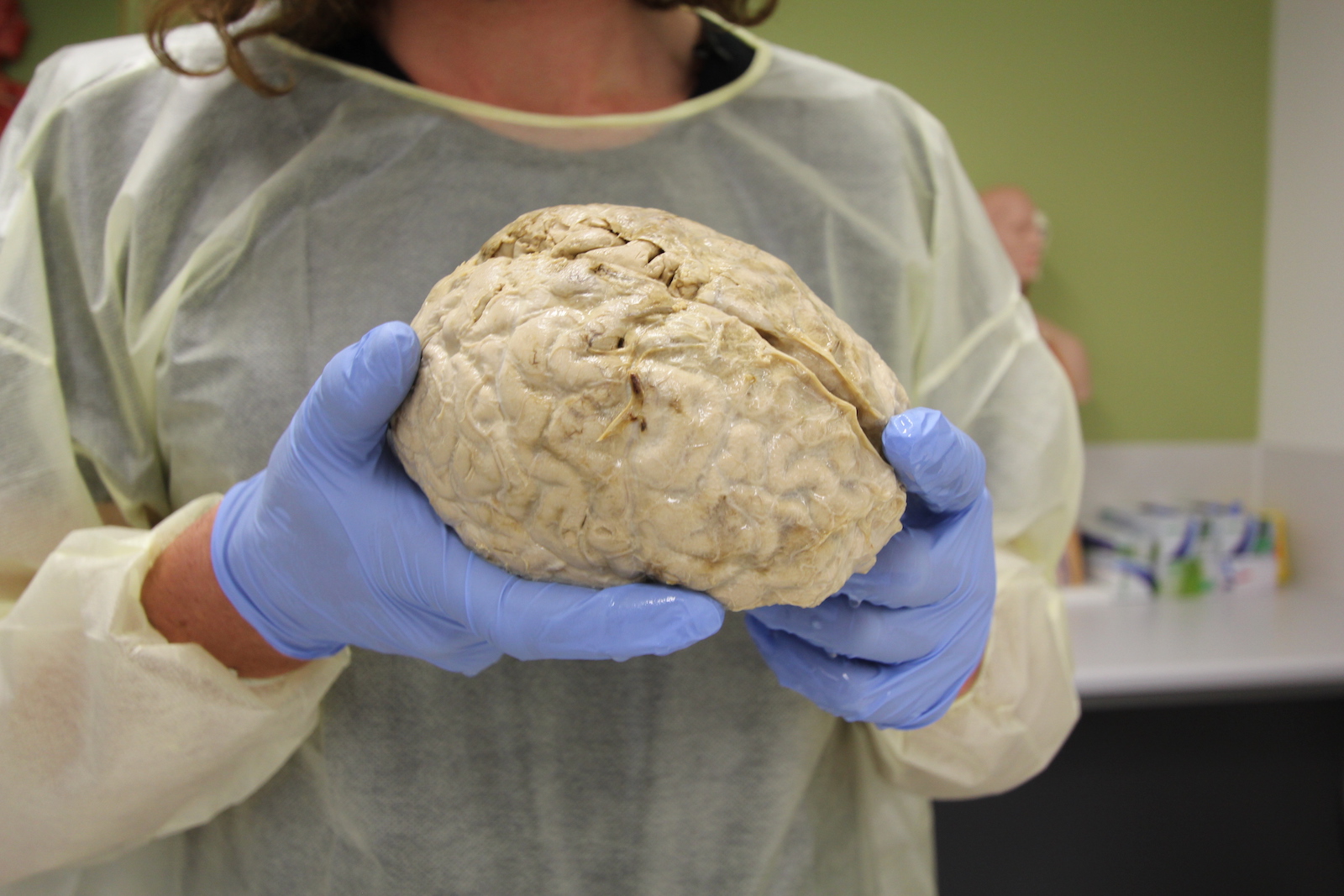Exploring the Enigma: What Happens When You Die?
Death is one of the most profound mysteries of human existence, prompting countless questions and theories. From a scientific, philosophical, and spiritual perspective, the journey after life is a topic that has intrigued humanity for centuries. This article delves into the multifaceted concept of what happens when you die, offering insights that span across different beliefs and scientific understandings.
Key Takeaways
- Death is a complex process involving physical, emotional, and spiritual dimensions.
- Scientific perspectives focus on biological and neurological changes.
- Philosophical and spiritual views vary widely, reflecting cultural and religious beliefs.
- Understanding death can offer profound insights into life itself.
The Biological Perspective: What Happens Physically When You Die?
From a biological standpoint, death is defined as the cessation of all vital functions, including heartbeat, brain activity, and respiration. The process typically unfolds in several stages:
The Stages of Death
- Clinical Death: This occurs when the heart stops beating, halting blood flow and oxygen supply to the brain. It is often reversible with immediate medical intervention.
- Biological Death: This stage marks the irreversible cessation of all brain activity. Cells begin to break down, leading to decomposition.
- Post-Mortem Changes: These include rigor mortis (stiffening of the muscles), livor mortis (settling of blood in the lower parts of the body), and algor mortis (cooling of the body).
Neurological Insights: The Brain’s Role in Death
Recent research suggests that the brain may remain active for a short period after clinical death. Some studies indicate the presence of brain waves, similar to those seen during deep sleep, which might explain phenomena such as near-death experiences (NDEs). These experiences often include feelings of peace, seeing a bright light, or floating outside one’s body.
Philosophical and Spiritual Views: Beyond the Physical Realm
Philosophical and spiritual interpretations of death vary widely, often reflecting cultural and religious beliefs. Here are some of the most common perspectives:
Religious Beliefs
- Christianity: Many Christians believe in an afterlife where the soul is judged and sent to heaven or hell based on earthly deeds.
- Islam: In Islam, death is seen as a transition to another state of existence, with the soul moving to an afterlife where it faces judgment.
- Hinduism: Hindus believe in reincarnation, where the soul is reborn into a new body based on karma from past lives.
- Buddhism: Buddhists also embrace the concept of rebirth, aiming to achieve Nirvana, a state of liberation from the cycle of death and rebirth.
Philosophical Views
Philosophers have long pondered the nature of death and its implications for life. Existentialists, for example, view death as a fundamental aspect of the human condition, emphasizing the importance of living authentically and meaningfully. Meanwhile, materialists argue that consciousness ceases with death, viewing it as the end of personal existence.
Near-Death Experiences: A Glimpse Beyond?
Near-death experiences (NDEs) are reported by individuals who have come close to death or have been revived from clinical death. Common elements of NDEs include feelings of peace, seeing deceased loved ones, and encountering a bright light. While some attribute these experiences to spiritual phenomena, others suggest they may be the result of neurological processes in a dying brain.
The Psychological Impact of Death: Coping with Loss
The death of a loved one can have profound psychological effects, leading to a range of emotions including grief, anger, and depression. Understanding the stages of grief, as outlined by Elisabeth Kübler-Ross, can help individuals navigate their emotions:

- Denial: Refusing to accept the reality of loss.
- Anger: Feeling frustrated and helpless.
- Bargaining: Attempting to negotiate a way out of the pain.
- Depression: Feeling deep sadness and despair.
- Acceptance: Coming to terms with the loss and finding a way to move forward.
Scientific Exploration: Research and Discoveries
Scientific research continues to explore the mysteries of death, with studies focusing on the biological, neurological, and psychological aspects. Advances in resuscitation techniques and brain imaging have provided new insights into the dying process and near-death experiences.
Embracing the Mystery of Death
While the question of what happens when you die remains unanswered in many ways, exploring this topic can offer valuable insights into life, consciousness, and the human experience. By understanding the biological, philosophical, and spiritual dimensions of death, we can better appreciate the preciousness of life and the legacy we leave behind.
Ultimately, death is a natural part of the human journey, prompting us to reflect on our values, relationships, and the impact we wish to make in the world. Embracing the mystery of death can lead to a deeper understanding of ourselves and the universe we inhabit.


